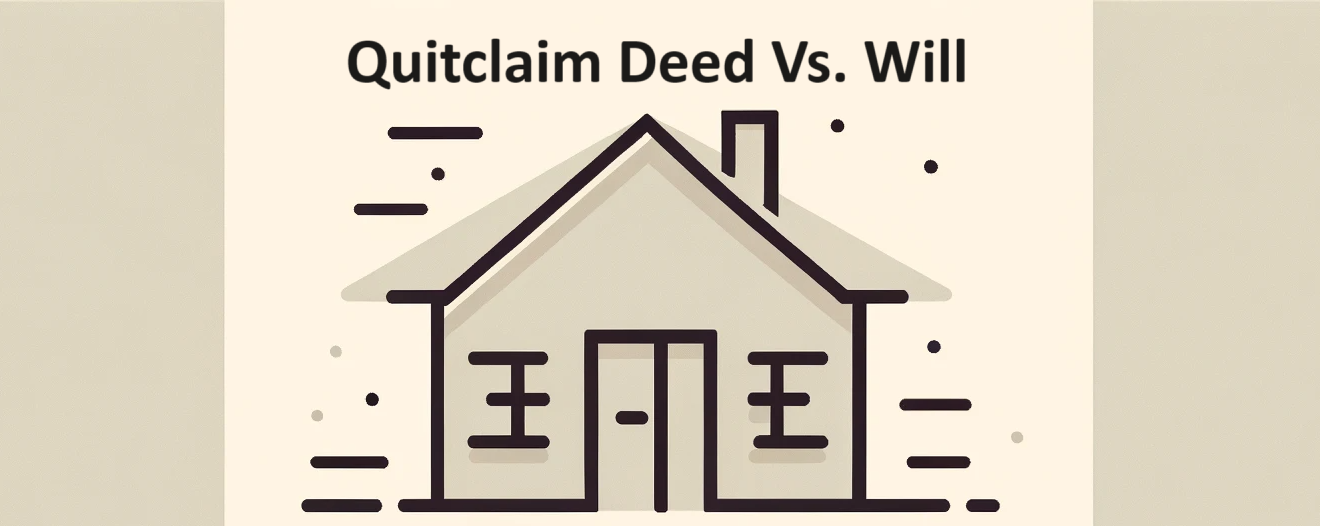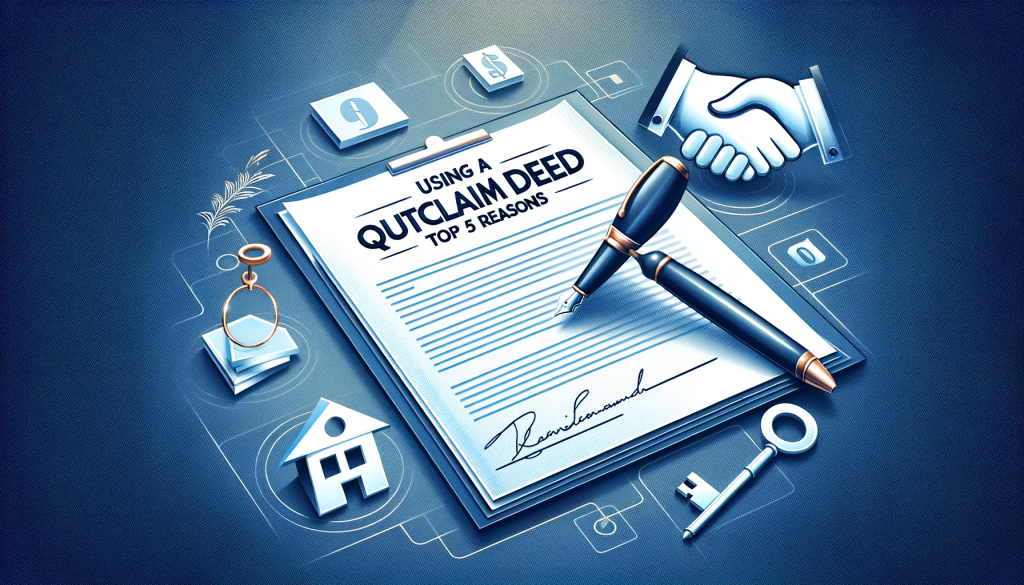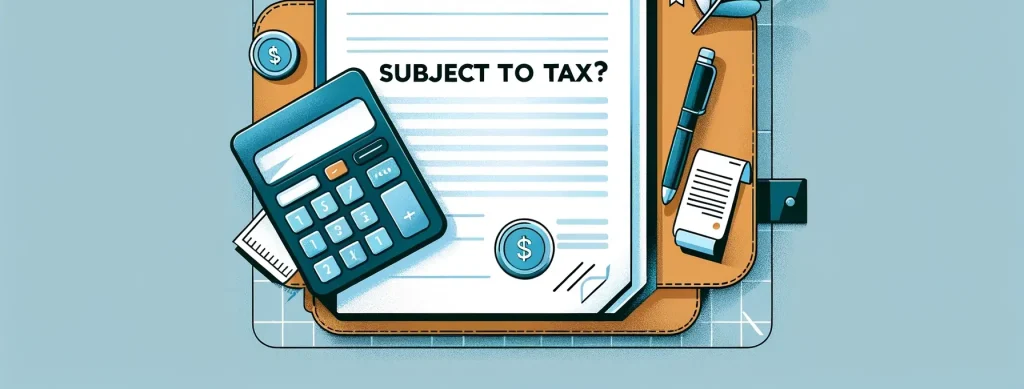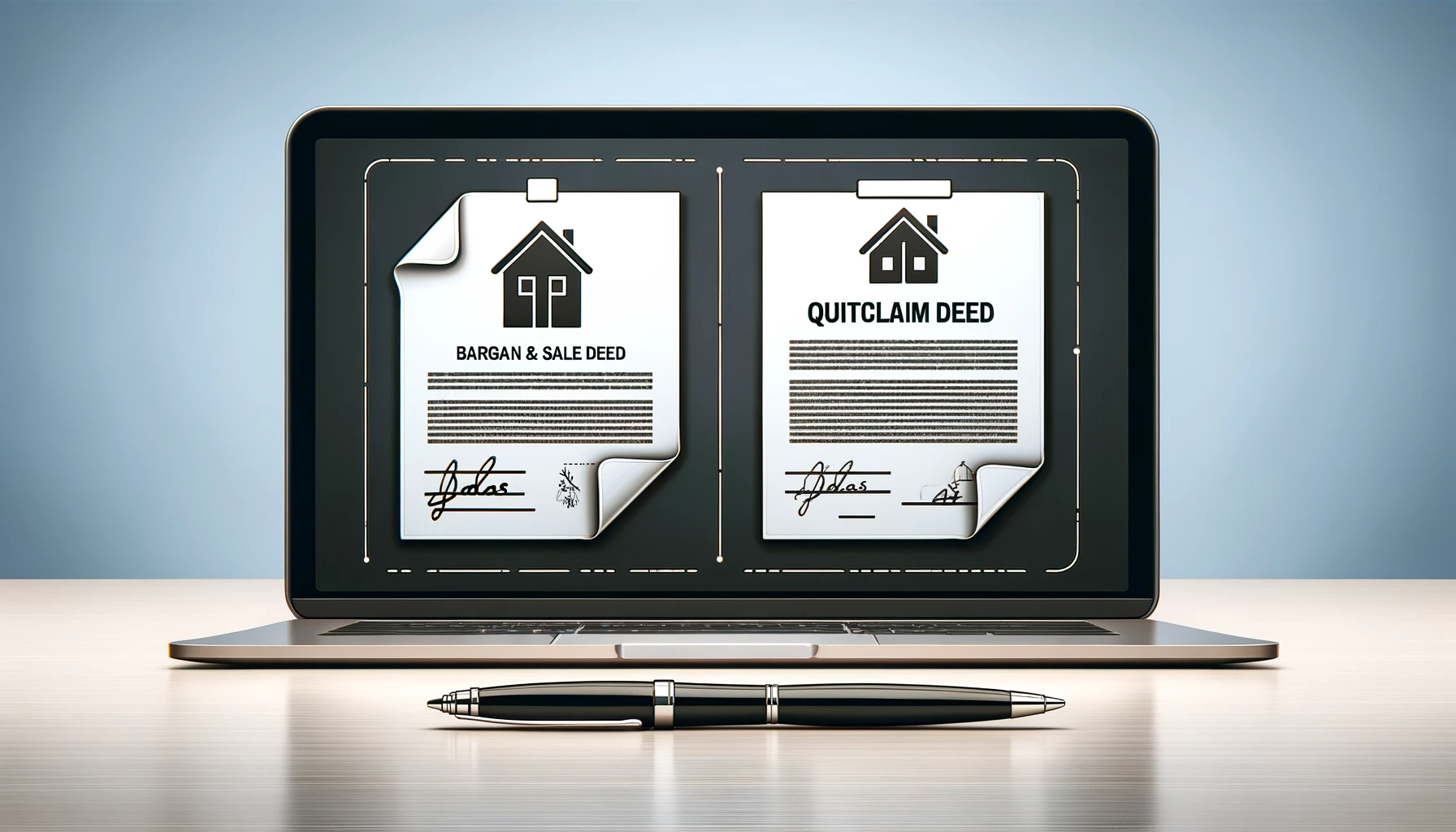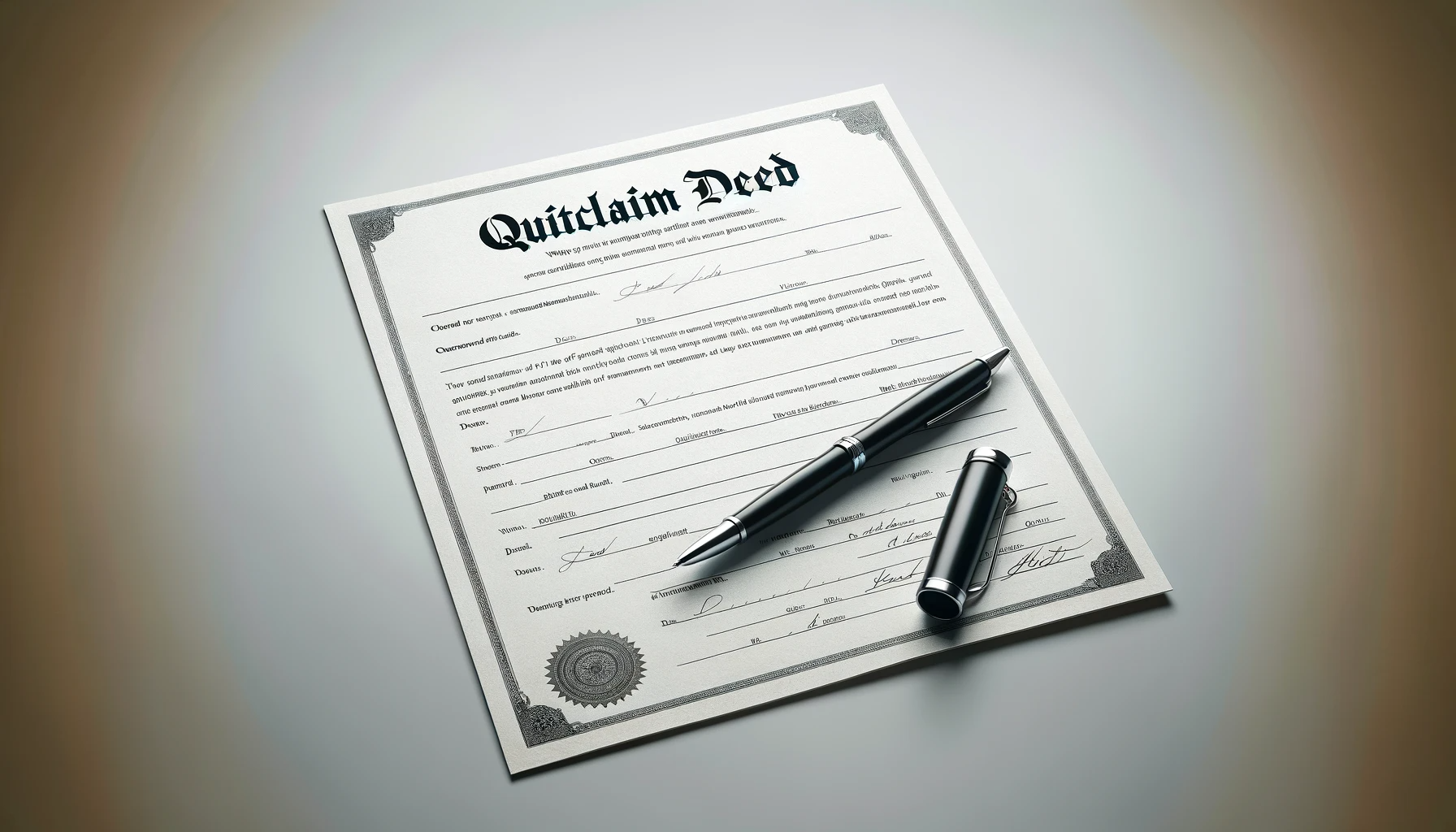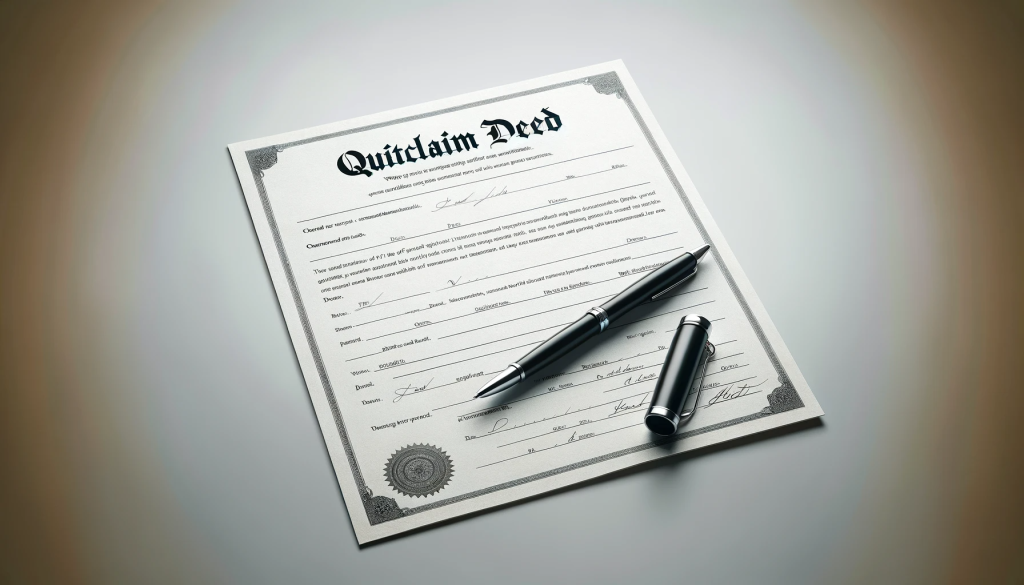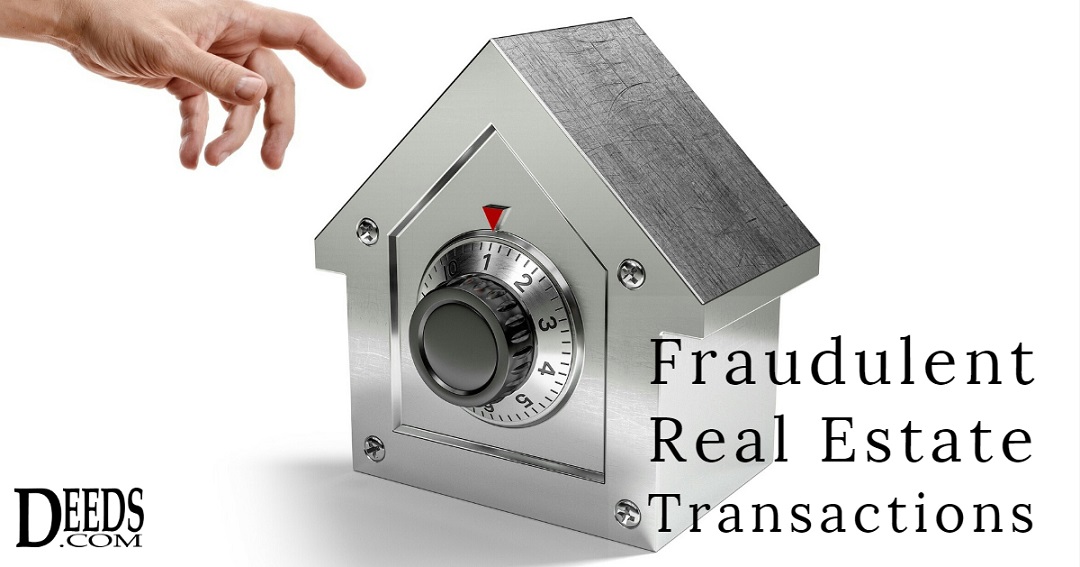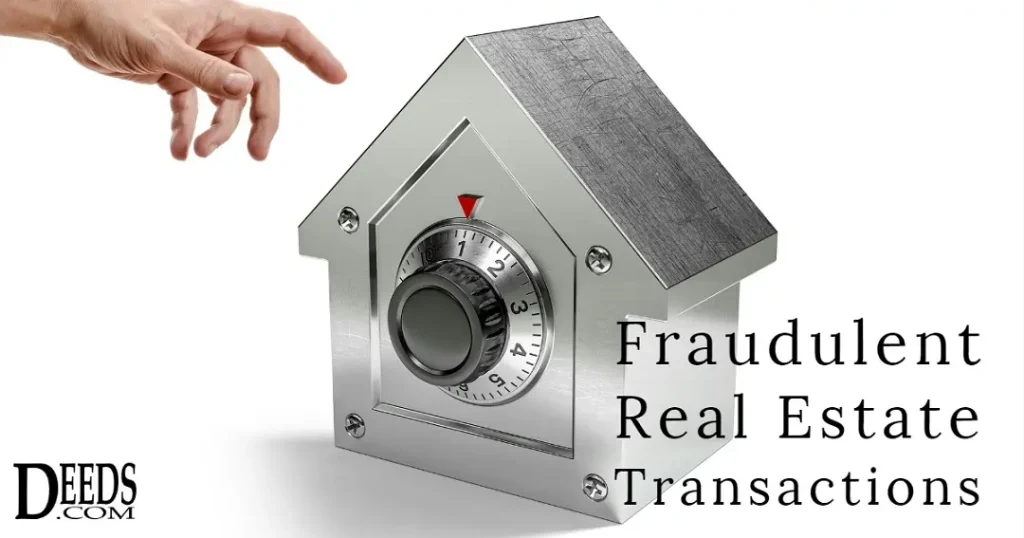
Usually, the quitclaim deed overrides the instructions in a will. But the devil is in the details.
At age 60, Letitia bought her Sacramento home, as a sole owner. Twenty years later, aged 80, Letitia went into a care home. Letitia subsequently signed a quitclaim deed and gave the home to Jackson, the only one of her three children who was not already a homeowner. Thanks to the modern convenience of remote online notarization, this was simple for Letitia to do.
Some homeowners use quitclaim deeds when the parties know the home’s history and do not expect a title search. See more at: Transferring a Deed Without a Lawyer? Here’s What You Should Know.
At age 84, Letitia passed away, survived by the three children: Jae, Jasper, and Jackson.
Letitia left a will that appears to give 50% of the home’s value to Jackson, with the other half divided equally between the other two siblings. But Jackson is unwilling to give up any interest the home.
Continue reading “Will Versus Quitclaim: When There’s a Conflict, Who Owns the House?”
